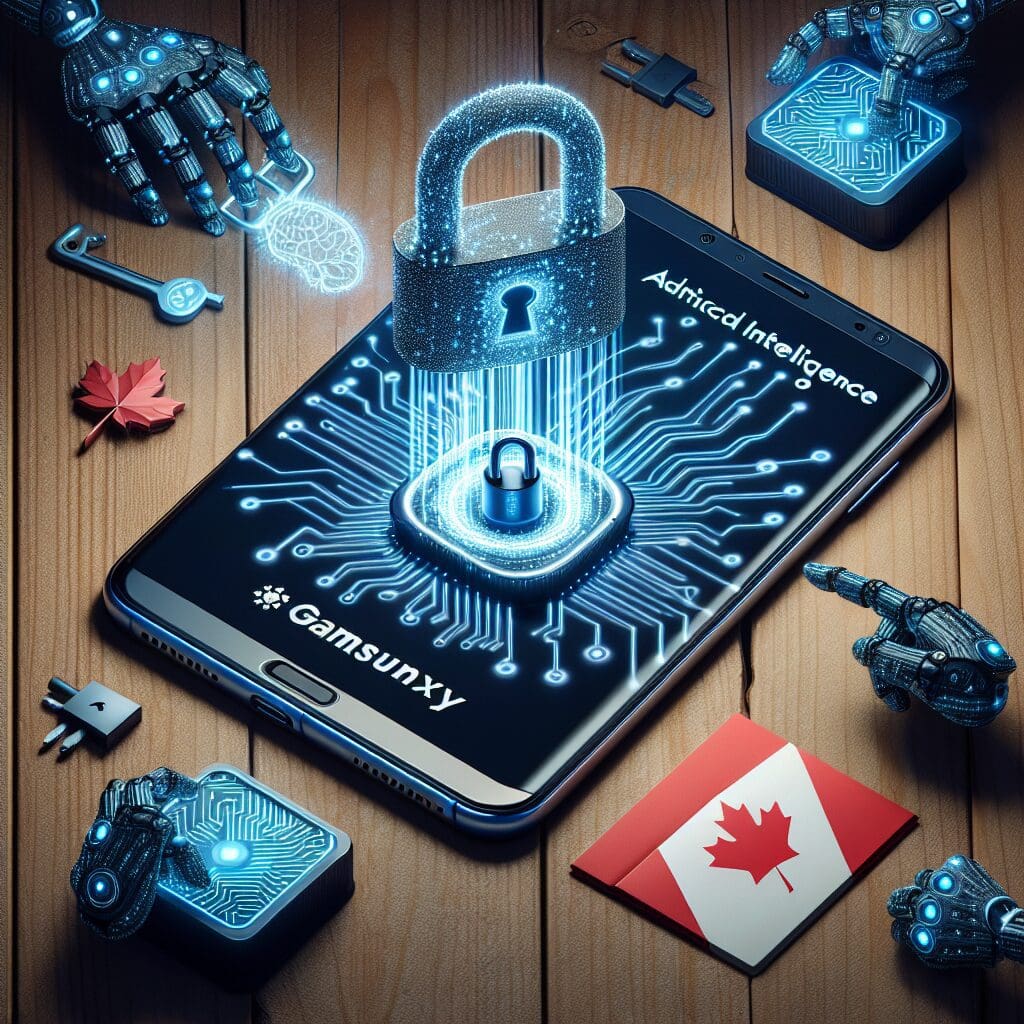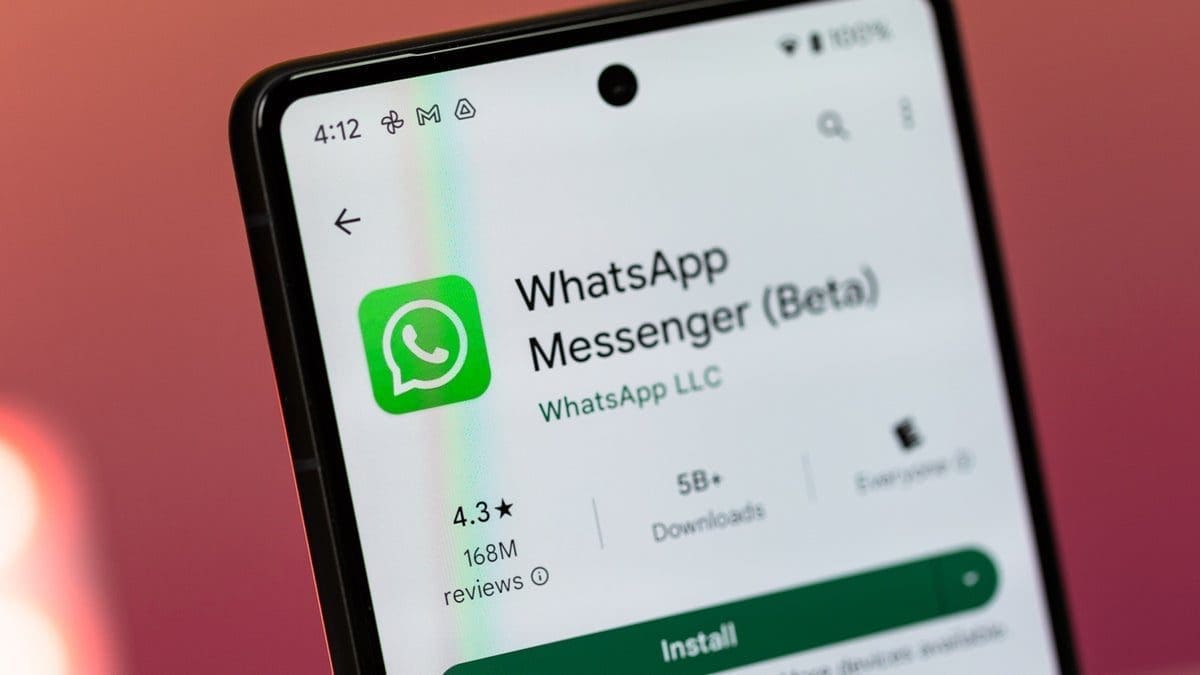When it comes to choosing a password, it’s not just a personal decision—it’s a crucial one. With 2,200 cyberattacks attempted daily, having a strong password is essential for protection. Despite the common knowledge of not reusing passwords, 25% of people still use the same password for multiple sites and apps. This puts them at risk because if a hacker cracks one password, they could potentially access several accounts.
Many websites and apps now require passwords with mixed-case letters, numbers, and special characters to enhance security. However, some passwords are still unsafe to use. Mailsuite recently analyzed data breaches and identified certain pop culture-related passwords that should be avoided at all costs.
By cross-referencing 300 million exposed passwords with over 2,600 pop culture terms and their variations, Mailsuite unveiled the most dangerous choices. Surprisingly, “Superman” emerged as the riskiest pop culture password with 584,697 appearances in data breaches.
If you’re considering using a music-related password, steer clear of “Eminem,” which was found in 286,263 data breaches. Similarly, avoid “Zac Efron” for an actor-based password as it appeared 24,268 times in breaches. For video game enthusiasts, “Minecraft” was spotted in 215,934 data breaches—making it another risky choice.
Sports fans should think twice before using “New York Yankees” as their password despite the team’s success on the field; it was detected in 170,241 data breaches.
To create a secure password:
– Make it at least 14 characters long
– Include a mix of upper and lower case letters along with special characters
– Avoid using easily guessable information like birthdates or pet names
– Refrain from common words like ‘password’ or dictionary terms
Remember to never write down or share your password with anyone. It’s also recommended to change your passwords every three months to maintain optimal security for your accounts. Stay safe online!










